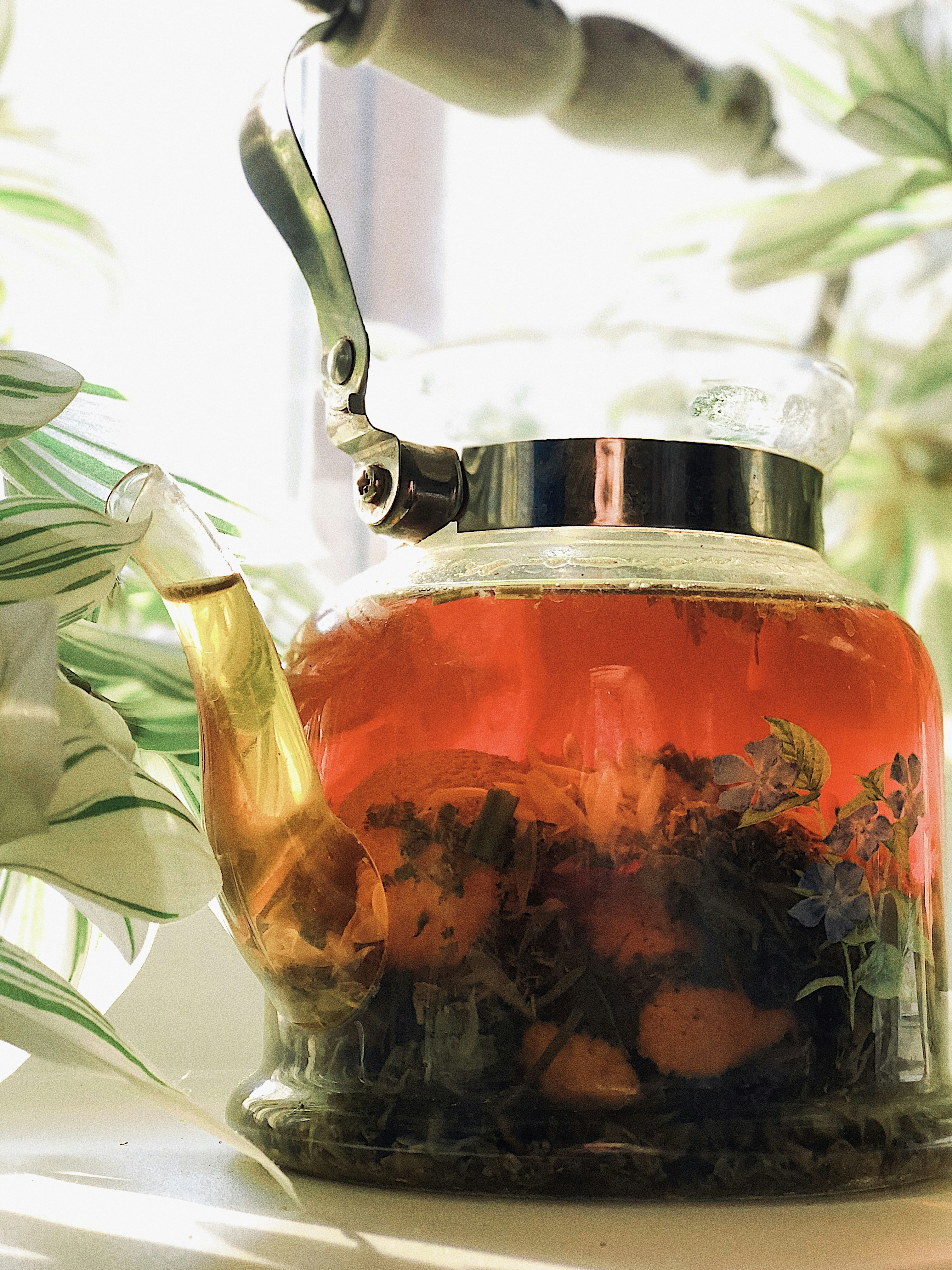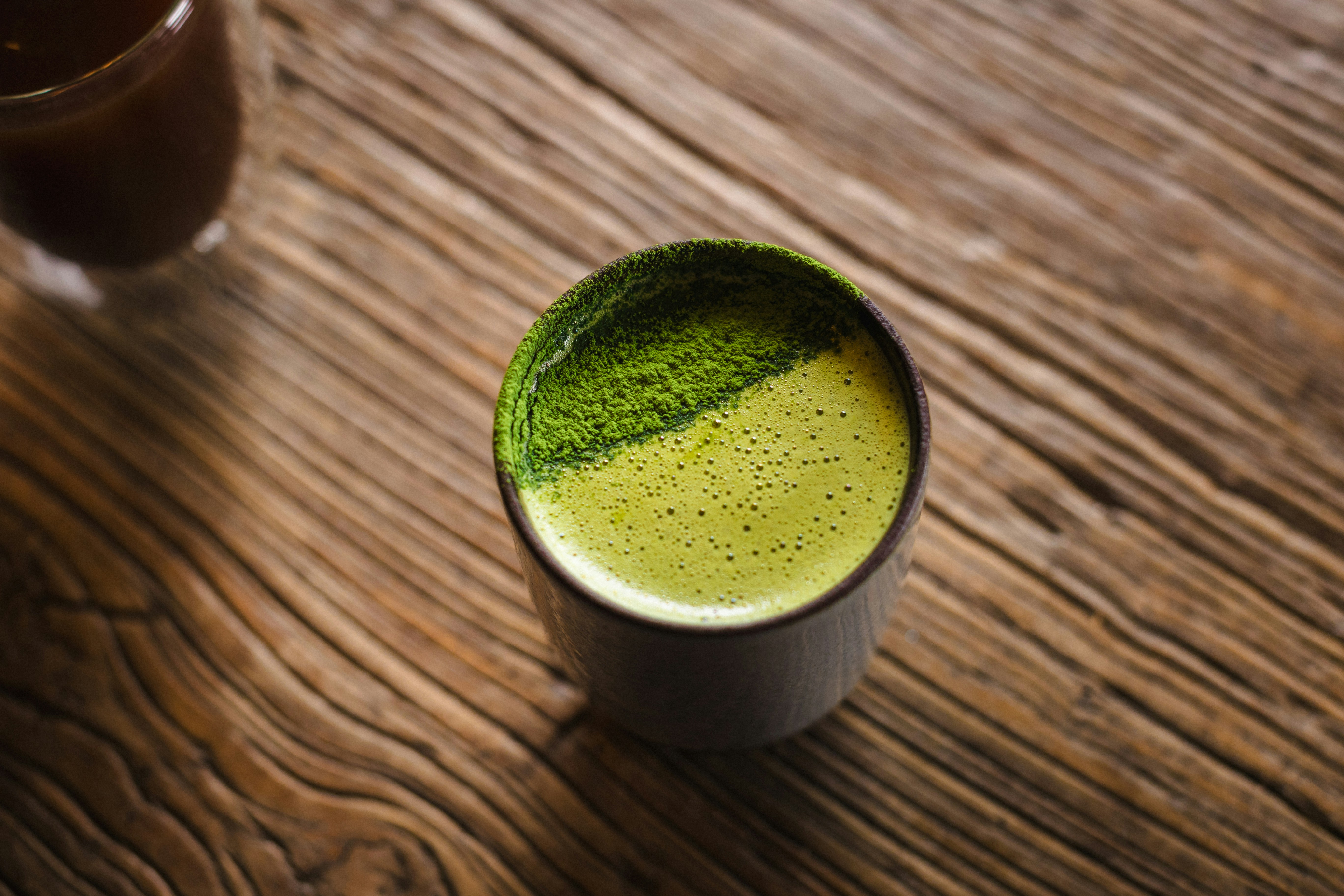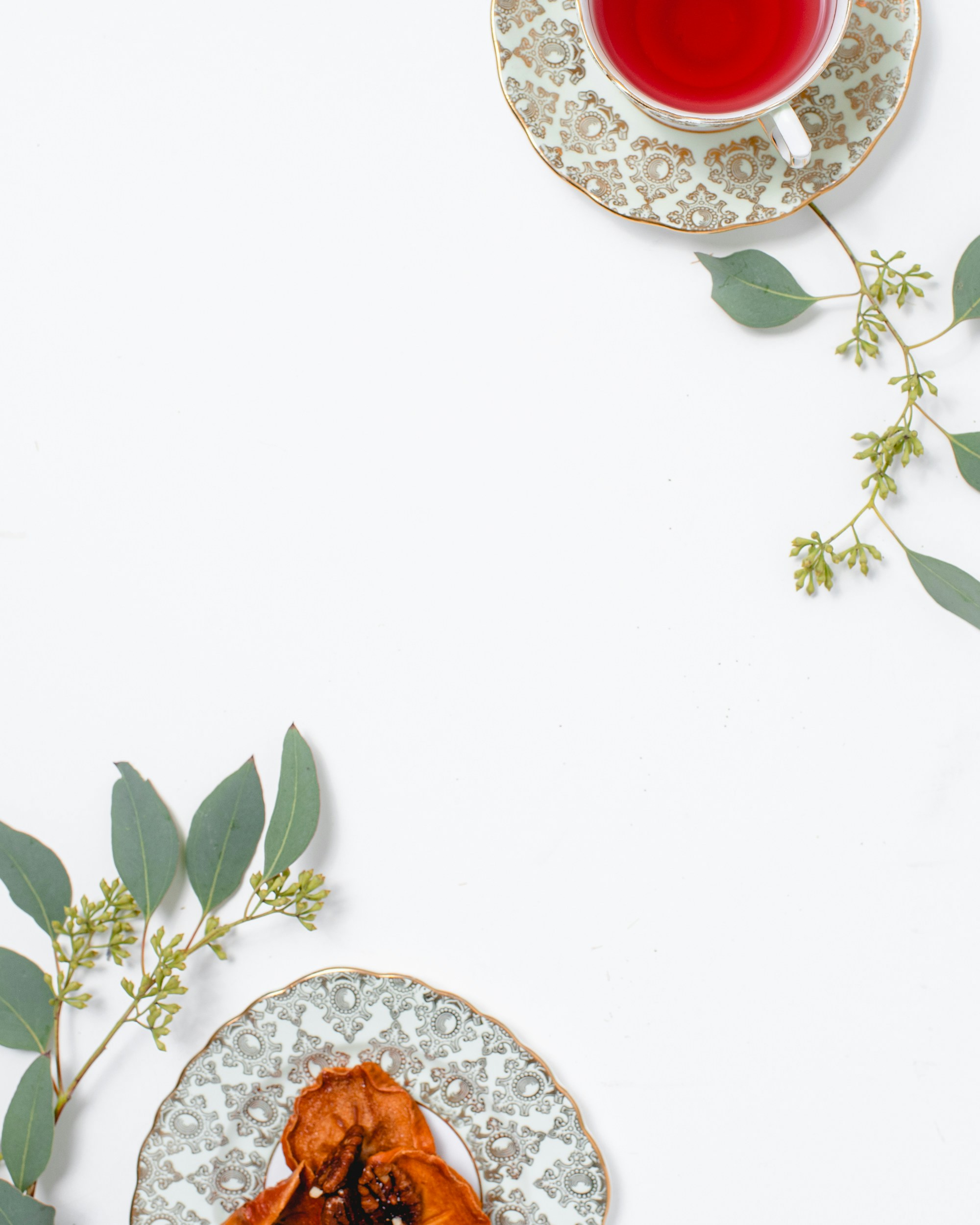The Heart of Tea Culture: A Global Tapestry of Tradition and Wellness
Tea has evolved beyond a simple beverage; it embodies a profound cultural cornerstone shaping communities and individual experiences worldwide. From bustling East Asian tea houses to tranquil European afternoon tea rituals, tea culture weaves a rich tapestry through history, tradition, and shared moments. I vividly recall a serene afternoon with my grandmother, partaking in our cherished tea ritual—a quiet communion enveloped in the soothing aroma of freshly brewed leaves. This experience illuminated how tea fosters connections, reflection, and mindfulness.
At its core, tea culture represents not only delightful pleasure but also diverse philosophies and customs. Tea-drinking rituals can evoke peace and contemplation, punctuating everyday life with mindful pauses. These rituals range from the meticulous preparation of a traditional Japanese tea ceremony to the casual enjoyment of a cuppa with friends. Beyond cultural dimensions lie myriad unexpected health benefits, making tea a significant part of daily living, promoting both physical and emotional well-being.
For centuries, cultures have valued diverse tea types, from invigorating black teas to calming herbal blends. Each cup embodies stories, community interactions, and artistry, serving as comfort and wellness. Exploring tea culture reveals how these rituals contribute not just to enjoyment but also to overall health—a timeless tradition inspiring and elevating daily practices while promoting well-being.
The History of Tea: From Ancient Origins to Global Phenomenon
Tea’s history is rich and complex, originating in ancient China around 2737 BC. Legend says Emperor Shen Nong discovered tea when leaves from a wild tree blew into his boiling water. This serendipitous event marked tea’s inception as a beverage, initially used medicinally. Ancient Chinese valued tea for its flavor and health-promoting properties, establishing its significance in traditional medicine and cultural practices.
Tea’s growing popularity transformed it into a cultural symbol, manifesting diverse practices across civilizations. During the Tang Dynasty (618–907 AD), tea drinking became an art form celebrated by poets and scholars. From China, it spread to neighboring countries like Japan, where the tea ceremony, “Chanoyu,” developed, emphasizing aesthetics, mindfulness, and ritual, integrating tea into social culture and spiritual practice.
In the 16th century, tea reached Europe through trade routes, initially a luxury among aristocracy. The British, captivated by its flavors and health benefits, popularized it further, establishing tea gardens and afternoon tea. Tea’s global spread localized brewing styles and stimulated social interactions and communal bonding, evident in the widespread practice of tea houses globally, enriching social life and fostering connections.
Tea transcends mere beverage status; it’s woven into many cultures and considered a health tonic across civilizations. Its history reflects human civilization’s journey and the enduring quest for wellness, making tea appreciation a shared human experience.
Physical Health Benefits of Tea: Metabolism, Cardiovascular Health, and Antioxidant Power
Tea consumption is linked to numerous positive health outcomes, supported by scientific research and anecdotal evidence. One prominent benefit is improved metabolism, aiding weight management. Studies show certain teas, particularly green tea, enhance metabolic rates and promote fat oxidation due to compounds like catechins, facilitating calorie burning.
Cardiovascular health also benefits from tea. Research suggests regular tea drinkers may have lower heart disease risks. Tea’s antioxidants, especially flavonoids, contribute to healthier blood vessels and improved circulation. By reducing LDL cholesterol and improving cardiovascular function, tea promotes a healthier heart. Anecdotal evidence supports this, with individuals reporting increased energy and reduced heart-related issues after incorporating tea into their routines.
Furthermore, teas are rich in antioxidants, neutralizing free radicals, preventing cellular damage, and potentially reducing chronic disease risks. Black, green, and herbal teas boast antioxidants, showcasing diverse health-promoting properties. Personal stories highlight improved overall health after replacing sugary drinks with tea, reinforcing its positive lifestyle impact.
In summary, tea’s physical health benefits are extensive. Improved metabolism, enhanced cardiovascular health, and abundant antioxidants make tea a beneficial dietary addition.
Emotional and Mental Health: Tea as a Healing Ritual for Mindfulness and Tranquility
Tea transcends mere consumption, embodying a healing ritual nurturing emotional and mental well-being. Preparing and savoring tea invokes mindfulness, a state of present moment awareness. Focusing on brewing—measuring, steeping, observing leaf transformation—offers solace. This tactile experience deepens present connection, alleviating anxiety and promoting tranquility.
Many tea enthusiasts report calmness during tea rituals. This is attributed to compounds like L-theanine, known to reduce stress and promote relaxation. Regularly indulging in this leisurely practice creates predictability and security, anchoring during tumultuous times. For those facing anxiety, depression, or stress, preparing tea becomes a therapeutic ritual, transitioning from chaos to serenity.
Personal narratives illuminate tea’s emotional benefits. Many recount how a hot cup of tea provided refuge during difficult times, offering warmth, pause, and reflection. Stories emphasize tea’s communal aspect; sharing a pot fosters healing connections and conversations. Tea transcends its physical form, becoming a conduit for emotional support. Integrating tea into routines cultivates mental resilience and emotional health.
Tea and Community: The Social Benefits of Shared Rituals and Connection
Tea is celebrated for its flavors, health benefits, and ability to unite people. Throughout history, cultures have used tea-drinking to foster connection and build community. Gathering around a table with teapots and delicate cups is a cherished practice transcending geographical and cultural boundaries.
Many cultures consider tea a symbol of hospitality, welcoming friends, family, and strangers. In East Asia, serving tea often involves ceremonies conveying respect and appreciation. Conversations flow freely, and bonds strengthen during these gatherings, demonstrating tea’s catalytic role in meaningful interactions. These social rituals create belonging and reinforce relationships, forging lasting memories over shared experiences.
Tea’s communal aspect is vital in modern society, where loneliness and isolation are prevalent. Regularly inviting friends for tea or attending local tea events provides opportunities to connect and engage. Such activities encourage open communication and active listening, vital for any relationship. Sharing tea can inspire deep conversations and personal sharing.
Moreover, tea culture reflects diverse social interaction and community-building practices. In the UK, afternoon tea is a time-honored tradition for family and friends to gather. In Morocco, pouring mint tea is a vibrant ritual embodying hospitality. Regardless of specific practices, the message is clear: tea nurtures relationships, enriching community life.
Spiritual Practices Surrounding Tea: Mindfulness, Gratitude, and Connection to the Sacred
Tea culture is deeply interwoven with the spiritual fabric of many societies. From traditional tea ceremonies to private reflection, tea enhances mindfulness and cultivates gratitude. The Japanese tea ceremony, Chanoyu, exemplifies this connection. It’s not just serving tea but a ritual embodying simplicity, respect, and tranquility, inviting full present moment embrace.
Every motion in Chanoyu is meaningful, transforming tea drinking into a sacred experience. Mindful attention is encouraged, focusing on surroundings, tea bowl texture, and tea aroma. This heightened awareness fosters presence, allowing escape from daily chaos and immersion in reflection. These ceremonies highlight tea’s spiritual role as a vehicle for inner peace and nature connection.
Similarly, in many Chinese communities, tea is embedded in spiritual rituals. Traditionally, tea is offered at ancestral altars as a sign of respect. Sharing tea with loved ones denotes connection to heritage and family lineage, fostering gratitude and reflection on personal and communal histories. Personal narratives shared deepen tea’s emotional significance, carrying memory-laden stories linking individuals to their past.
Individuals find solace in quiet moments with tea, using it as a meditative practice. Brewing a cup becomes a form of meditation, engaging the senses—the sound of water, scent of leaves, mug’s warmth. Tea transcends its beverage role, offering a path to enhanced mindfulness and spiritual connection.
Cultural Rituals: Tea Around the World: A Celebration of Diversity and Tradition
Tea, enjoyed globally, is more than a refreshing drink; it carries deep cultural significance. Each country has unique tea rituals reflecting diverse customs and values, highlighting tea’s role in fostering social bonds and promoting health. The Japanese tea ceremony, “Chanoyu,” transcends mere consumption, emphasizing mindfulness and respect. Participants engage in a carefully choreographed process showcasing simplicity and harmony, promoting tranquility and mental well-being.
British afternoon tea offers a more casual yet important social event. Traditionally between 3:30 and 5 PM, this gathering involves a selection of teas and savory and sweet treats. It promotes leisure and social interaction, linking individuals through shared experiences. Gathering for afternoon tea reduces stress and builds connections, reinforcing social ties’ importance for overall health.
Moroccan tea traditions, especially mint tea, illustrate tea’s cultural significance. Called “Moroccan whiskey,” it symbolizes hospitality. Preparing and serving mint tea involves pouring from a height, creating froth and enhancing flavor. This ritual, shared among friends and family, promotes community. These gatherings foster social relationships and incorporate health benefits from green tea and mint’s antioxidants, aiding digestion and wellness.
Through diverse cultural practices, tea serves as a medium for connection, fostering communal bonds while promoting health and wellness across societies.
Tea for All Ages: The Inclusivity of Tea Culture Across Generations
Tea culture is distinguished by its rich varieties, traditions, and remarkable inclusivity, offering benefits across age groups. From young to old, tea provides common ground, fostering connections and creating shared experiences among families and friends. This ancient beverage has adapted through generations, capturing comfort and camaraderie, tailored to diverse lifestyles and preferences.
For children, tea rituals introduce healthy hydration. Caffeine-free herbal teas, flavored with fruits and herbs, appeal to younger palates. Families incorporate these beverages into routines, teaching mindfulness through brewing and enjoying tea together. As children grow, their tea tastes evolve, exploring various black or green teas with health benefits.
Young adults encounter tea culture socially, with tea houses and cafes flourishing in urban landscapes. They embrace tea for its flavors and social connections. Whether studying, working, or socializing, tea becomes a catalyst for relaxation and engagement, adding ritual to busy lives.
For older generations, tea rituals take on a reflective quality. Many find solace in a warm cup of tea, accompanied by cherished memories and life lessons shared across generations. Herbal infusions support health and well-being, providing remedies resonating with cultural heritage. Tea in their routines signifies connection, tradition, and generational wisdom.
Ultimately, tea culture unites individuals of all ages, enriching lives with shared experiences and diverse, universal health benefits.
Conclusion: A Sip of Wellness and Connection – Embrace the Richness of Tea Culture
This blog post explored tea culture’s myriad health benefits. From its historical roots to contemporary significance, tea is more than a beverage; it’s a ritual fostering wellness and connection. We’ve seen how tea enhances physical health and mental well-being. Tea’s antioxidants contribute to a healthier lifestyle, while calming herbal varieties alleviate stress and promote relaxation.
Tea drinking’s communal aspect is crucial. Engaging in tea rituals with family and friends encourages meaningful conversations and strengthens relationships. Brewing tea can be a cherished moment in busy lives, allowing us to pause and connect. This cultural practice invites mindfulness, providing space for reflection and gratitude, whether alone or with others.
We encourage readers to reflect on their tea practices. Consider integrating these rituals into daily routines, enhancing personal health and social connections. Whether enjoying traditional methods or modern interpretations, embracing tea culture is rewarding. Share your tea stories and insights, fostering community around this timeless elixir. Participating in the ongoing tea dialogue contributes to the rich tapestry of tea culture and its benefits for well-being. Let us continue to explore, share, and celebrate the multifaceted world of tea and its enduring power to connect us to ourselves, each other, and a healthier, more mindful way of life.








Leave a Reply